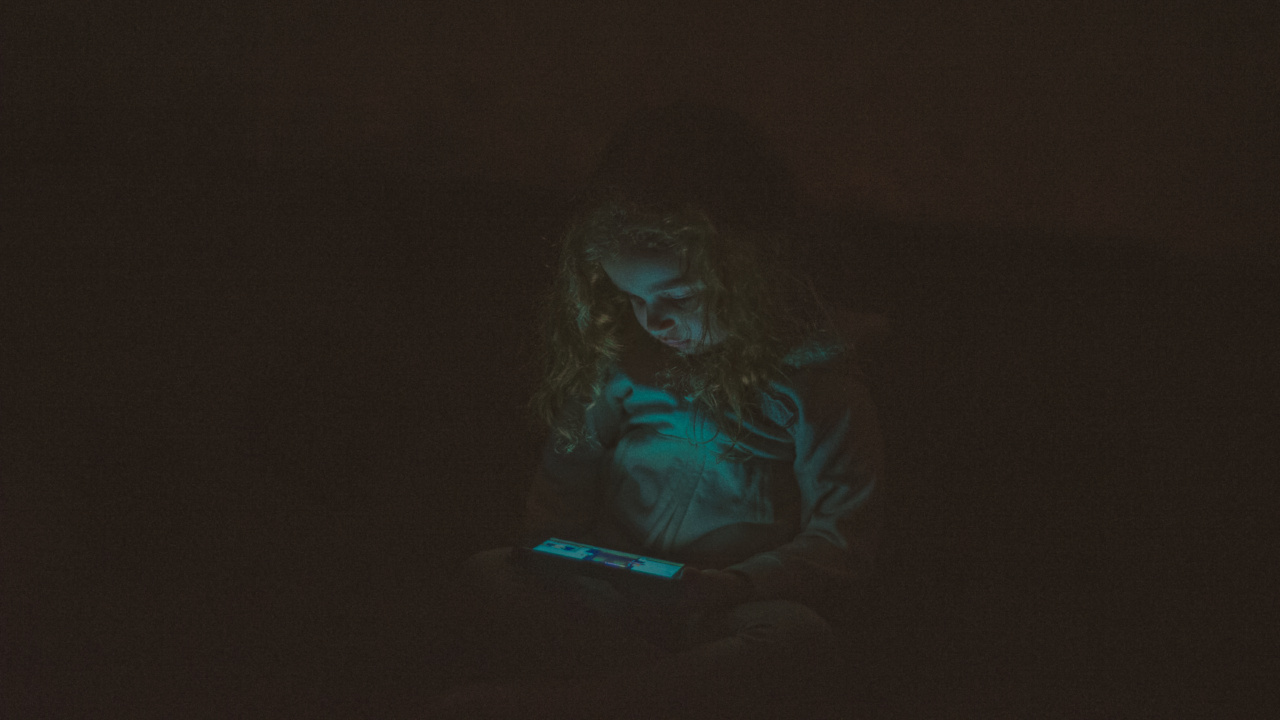We live in a digital age where smartphones and applications have become an integral part of our lives. These pocket-sized devices hold a world of information and entertainment, providing us with endless possibilities at our fingertips.
While technology has enhanced our lives in numerous ways, it has also brought forth its fair share of challenges. One such challenge is the significant impact of addictive apps on our sleep patterns and overall well-being.
The Allure of the App
There is a certain charm that some apps possess, captivating users and consuming their attention for hours on end. The thrill of exploring new features, engaging in virtual communities, and witnessing instant gratification is hard to resist.
These addictive apps manage to strike the perfect balance between novelty and familiarity, using clever design and psychology to keep users hooked.
However, not all addictive apps are created equal. Some have a particular propensity for compelling late-night usage.
Whether it’s a game that keeps you engrossed or a social media platform that draws you into an endless scroll, these apps have an uncanny ability to steal precious hours of sleep from their users.
The Nighttime Trap
Using an app late at night may not seem like a big deal at first. After all, it offers a form of relaxation and distraction from the day’s stressors. However, prolonged late-night app usage can lead to a host of negative consequences.
One of the primary concerns is sleep deprivation.
When we use apps before bed, the blue light emitted by our screens can interfere with our sleep-wake cycle. This unnatural exposure to light suppresses melatonin production, the hormone responsible for regulating sleep.
As a result, it becomes more difficult to fall asleep and achieve restful slumber. Furthermore, using apps in bed can lead to a disrupted sleep pattern, causing frequent awakenings and an overall decrease in sleep quality.
Another consequence of late-night app usage is the toll it takes on our mental well-being. Continuously engaging with apps can lead to feelings of FOMO (Fear Of Missing Out), comparison, and even anxiety.
The never-ending stream of information and social interactions perpetuated by these apps can affect our self-esteem and contribute to a constant sense of digital dependency.
Finding the Right Balance
Recognizing the addictive pull of an app is the first step towards mitigating its negative impact. Understand that it’s not simply a matter of willpower but rather the result of ingenious design strategies that exploit our human tendencies.
Awareness allows us to make informed choices about our app usage and regain control over our time and sleep.
To strike a healthier balance, it’s helpful to establish clear boundaries and set app usage limits.
Consider setting specific time slots during the day for indulging in your favorite app, while ensuring you refrain from using it during the hours before bed. This separation allows your mind to unwind and prepares your body for sleep.
Creating a technology-free bedtime routine can also be beneficial. Instead of succumbing to the allure of apps, engage in relaxing activities such as reading a book, taking a bath, or practicing mindfulness exercises.
By replacing the app-induced stimulation with calming rituals, you give your mind the opportunity to wind down and prepare for restful sleep.
The Importance of Disconnecting
While it may be challenging at first, establishing intermittent periods of digital detox can be hugely beneficial.
Taking breaks from app usage allows you to reevaluate your relationship with technology and regain a sense of control over your time and attention. Set aside dedicated periods each day or week where you disconnect from the app that keeps you up at night.
During these detox periods, explore alternative activities that stimulate your mind and foster a sense of fulfillment. Engage in physical exercise, spend time in nature, cultivate a hobby, or engage in meaningful face-to-face interactions.
By redirecting your focus towards activities that promote overall well-being, you can gradually reduce the power that the app holds over you.
Seeking Support
If you find it incredibly challenging to break free from the app’s grasp, don’t hesitate to seek support. Reach out to friends or family members who can provide encouragement and hold you accountable.
Additionally, there are numerous online communities and support groups tailored specifically for combating digital addiction and finding a healthier balance.
Remember, you are not alone in this struggle. The allure of addictive apps affects millions of people worldwide.
By sharing your experiences and seeking support, you can form connections with others who understand the challenges you face and can offer invaluable guidance on the path to digital well-being.
Conclusion
While it’s easy to become entranced by the allure of addictive apps, it’s essential to recognize their impact on our well-being and take proactive steps towards breaking free from their hold.
Establishing boundaries, creating technology-free routines, and disconnecting intermittently are crucial for striking a healthy balance between app indulgence and restful sleep. By challenging the addictive pull and regaining control over our app usage, we can safeguard our sleep patterns, mental well-being, and overall quality of life in the digital age.






























